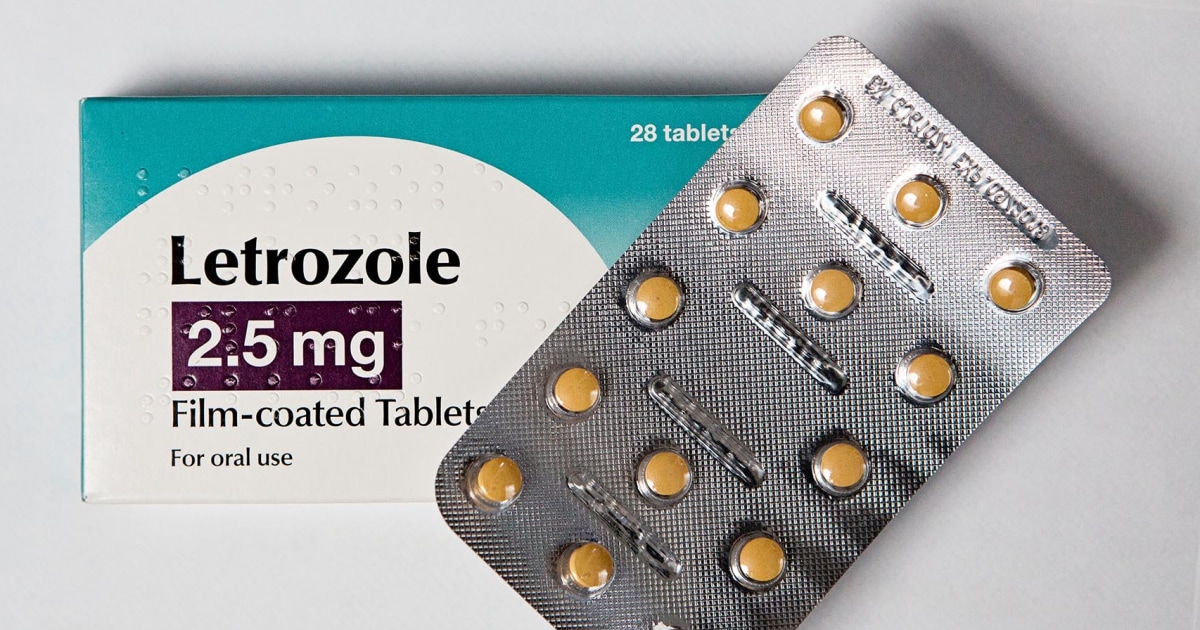I recognized the woman in a risqué video. I think I know who leaked it.

Our advice columnists have heard it all over the years—so we’re diving into the Dear Prudence archives to share classic letters with our readers. Submit your own questions to Prudie here.
Dear Prudence,
A few days ago a friend sent me the link to a porn video that stars the (recently) ex-girlfriend of a mutual good friend. The video is clearly shot in private, and although it shows her face it doesn’t have her name on it. This girl behaved really badly and completely shattered my friend’s heart, and while I don’t want to believe he would put something like this online, he is so hurt that it’s not outside the realm of possibility. She would lose her job and her career if this video was found, and she comes from a very conservative family. My questions: What are my obligations here? Do I ask my friend about it? Contact the ex? Part of me wishes I could forget that I saw it at all.
—Porn Confusion
Dear Confusion,
In my day people took sexy Polaroids of each other then hid them in the sock drawer. After a bad breakup, they took the pictures out of the gym sock and burned them. It’s too bad that one can no longer memorialize one’s hotness with such nonchalance. As my colleague Emily Bazelon recently described, this new plague of revenge porn is ruining lives and there is currently little legal recourse. (California just passed a law making posting such material a misdemeanor.) I talked to expert Danielle Citron, a professor at the University of Maryland School of Law and author of the forthcoming book, Hate 3.0, about what can be done for this woman. First of all, contact your friend. If indeed he is the perpetrator, you should tell him that you have now seen the video. Tell him you know his ex did him wrong, but he should not compound the wrongdoing by exacting such vicious revenge. Citron says if he posted to a site where he controls his content, he could simply take down the video. Let’s hope it hasn’t been more widely disseminated and that her name hasn’t gotten attached. But if he gave it to a revenge porn website, then unfortunately he’s really lost control of it.
You should also contact the ex-girlfriend. She’s entitled to know the bad news, which has the potential for painful professional and personal consequences. Citron says that if the video was a selfie, the woman would own the copyright. In that case it would be worth it for her to hire a lawyer to write a letter to the site operator where it’s being posted without her permission. But its being taken down is far from assured. If the woman is sure that the images were posted by her ex, Citron laid out other legal avenues she could explore, such as filing a civil claim of infliction of emotional distress or seeking criminal harassment action be taken against him. But Citron notes pursuing a civil lawsuit would be expensive and that law enforcement has taken a lax attitude toward these cases. Sadly, because of technology, people need to be aware when giving sexual photographs or videos of themselves to a paramour that love may die, but the images could live on forever.
—Emily Yoffe
From: Unwilling Amateur. (Oct. 3, 2013).
Dear Prudence,
I’m 26 and recently learned that I have premature ovarian failure—it is highly unlikely that I will ever be able to have children and I have stopped all fertility treatment. As I married a year ago, we field endless questions about when we’re going to have kids. My brother just had a baby. His sibling just had a baby. Going on Facebook is an endless parade of their kids from all of our relatives. Discussions are focused solely around their kids, then are turned to us. I keep saying, “We’re happily child-free,” but I’m losing my resolve. I’m constantly surrounded by something I’ll never get to have, but I don’t know how to broach the conversation with our families. I’m afraid the fertility-happy will try and tell us we just haven’t been trying long enough or that God will give us a baby when he sees fit. Based on our finances and the frequency of things falling through, adoption is out of the question.
—Dealing With my Infertility
Dear Dealing,
Please contact RESOLVE, the infertility support group. On their website you will find resources for dealing with just the questions you are grappling with, and the chance to connect with others who understand exactly what you’re going through. You have gotten painful news that changes the course of your life, but you do not have to struggle through this alone.
—E.Y.
From: Boys Will Be Boys (Jan. 22, 2014).
Dear Prudence,
The only time I went through the X-ray machine at the airport, I miscarried the only pregnancy I’ve ever had. Since then, I’ve “opted out” (so has my husband, in solidarity) as we’ve been continually trying to get pregnant in the years since. Last time I flew, the TSA agent roughly groped my vagina and labia, and I had a panic attack. I’ve avoided flying since.
Now I have to fly this upcoming weekend for a family obligation, and I’ve been a shaking, crying mess whenever I think about it. What can I do to protect my body, any potential pregnancy (we’re in the two-week wait), and my sanity?
—Airport Anxiety
Dear Anxiety,
Further research about what exactly you’re exposed to when you get an airport X-ray might help set your mind at ease if you’re balking at the thought of another invasive pat-down. The timing of your last miscarriage is terrible, and your reluctance at the thought of getting X-rayed again is understandable, but the energy of the X-ray beam of an airport scanner is very low and does not penetrate the skin. According to the Health Physics Society, an organization dedicated to radiation safety,
There is an American National Standards Institute/Health Physics Society (ANSI/HPS) consensus standard stating that people-scanning devices should expose an individual to no more than 0.25 microsievert per screening (one screening procedure generally consists of two scans). The two primary companies that sell people screeners say that their devices expose people to half that amount of radiation.
For perspective, 0.25 microsievert is also received by flying about a minute and a half (cosmic radiation during commercial flight exposes fliers to about 10 microsievert per hour). It is also received by living for 40 minutes (natural background radiation exposes people to about 0.35 microsievert per hour)…The American National Standards Institute/Health Physics Society (ANSI/HPS) consensus standard took into account the varying sensitivity of different groups of people who might be scanned. The authors first looked at a number of reports and published studies on the health effects of radiation. They then chose the 0.25 microsievert dose level to ensure that children and pregnant individuals can be safely scanned with these devices. The x-ray scanner uses a very low-energy and low-intensity radiation, so that an embryo/fetus is not exposed to any radiation that could possibly increase the developmental risks of radiation to the embryo.
Getting informed is always a helpful bulwark against panic, but as a nervous flyer myself, I know it’s not always helpful to know something is safe when your brain is convinced you’re in danger. Learn more about anxiety treatments—anything from deep-breathing exercises to cognitive behavioral therapy —that you can perform on yourself when you’re feeling cornered in the security line. You can also apply for TSA Pre-Check, which may only require you to go through an old-school metal detector. Good luck.
—Danny M. Lavery
From: Nobody Else Stepped Up to the Plate. (July 24, 2017).
More Classic Prudie
I use Facebook pretty much exclusively for a local hobby group, and recently had a weird interaction that flowed over to real life.






